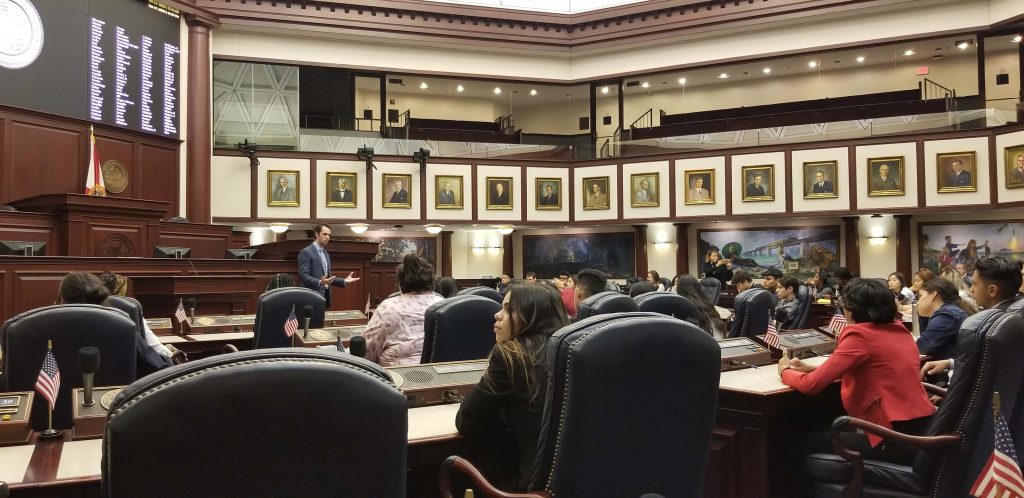|
Parental Involvement/Consent and Judicial Bypass
Laws that require varying degrees of parental notification or approval for a minor to have an abortion -or- that require a minor to seek court approval to receive abortion care without parental knowledge.
Research shows:
Two-thirds of minors inform a parent, of their own accord, about their decision to get an abortion. State parental notification and involvement mandates jeopardize the health and safety of the vulnerable minority of young people who cannot safely confide in their parents or guardians when they need abortion care.
Qualitative research on judicial bypass experiences indicates that minors navigate multiple hurdles and multiple forms of stigma in seeking bypass.
Bookmark these references:
Guttmacher Institute “Parental Involvement” Mandates for Abortion Harm Young People, But Policymakers Can Fight Back
Ci3 Policy Brief Laws Requiring Parental Involvement in Abortion: Unnecessary and Potentially Harmful
Coleman-Minahan, K., Stevenson, A. J., Obront, E., & Hays, S. (2019). Young women’s experiences obtaining judicial bypass for abortion in Texas. Journal of Adolescent Health, 64(1), 20-25.
Mandated Misinformation
Laws that require medical providers to give people seeking abortion care inaccurate or misleading information about the safety of abortion as part of a state’s effort to dissuade people from accessing care.
Research shows:
State mandates that require providers to give their patients scientifically inaccurate statements about the safety of abortion undermine patient-provider trust and place an undue emotional burden on people seeking abortion care.
In 2018, an independent panel of experts conducted a non-partisan review of the last 40 years of scientific research on abortion and concluded that abortion, in all forms, is medically safe and effective.
Bookmark these references:
Guttmacher Institute Evidence You Can Use: Mandatory Counseling for Abortion
Informed Consent Project How Does your State Compare? scorecard
The National Academies of Science, Medicine, and Engineering (NASEM) report on the Safety and Quality of Abortion Care in the United States
Medicaid Coverage Bans
Laws that mirror the federal Hyde Amendment and ban or the restrict the use of state funds to cover abortion under public insurance.
Research shows:
One in four low income women seeking abortion care are forced to continue an unwanted pregnancy due to Medicaid coverage bans. Those that do receive care report significant financial hardship and delays in accessing care.
Disparities in coverage for abortion care in health insurance deepen already existing inequities in access to care- particularly for poor people, people of color, and young people.
Bookmark these references:
Evidence You Can Use: Medicaid Coverage of Abortion Guttmacher Institute
Ibis Reproductive Health and All* Above All The Impact of Medicaid Coverage Restrictions on Abortion
|
